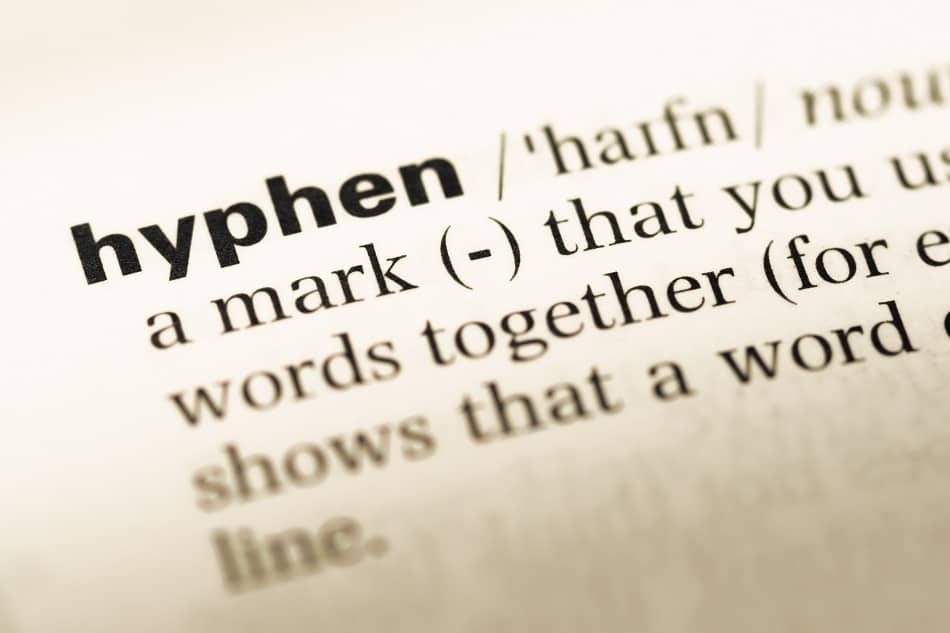Many people, even seasoned writers, struggle to differentiate between ‘who’ and ‘whom’. Some people mistakenly believe that ‘whom’ is a more formal version of ‘who’; this is not the case. In this article, we will define these two terms and give you some tips to ensure you use them correctly.
Subject and Object
To understand the difference between ‘who’ and ‘whom’, we need to return to basic sentence grammar.
The subject of a sentence is ‘what a sentence names’ (Treddinick, 2008, p. 19). In the simple sentence, ‘The cat sat on Trevor’s lap’, the cat is the subject—the cat is what the sentence is about.
The object of a sentence is on the ‘receiving end of the verb’ (Treddinick, 2008, p. 19). In the previous example, Trevor is the object—he’s on the receiving end of the cat’s affection.
‘Whom’ is a relative pronoun that only applies to the object of the sentence. Therefore, ‘whom’ applies to Trevor, but not the cat in our earlier example. ‘Who’ applies when you need a relative pronoun to replace cat: ‘the cat, who sat on Trevor’. ‘Whom’ applies when you are referring to the sentence’s object: ‘The cat reluctantly curled up on Trevor, whom the cat disliked’.
Relative Pronouns
The reason for this, is that ‘who’ and ‘whom’ are relative pronouns (like ‘which’ and ‘that’). Their role is to introduce a dependent clause, which adds extra information to a sentence.
Unlike ‘which’ and ‘that’, ‘who’ and ‘whom’ refer to people (and cats!).
Examples
Grammar Girl humorously suggests that Bo Diddley’s song, ‘Who Do You Love?’, is grammatically incorrect. (So too is the infamous line from the Ghostbusters theme song: ‘Who you gonna call?’) In the case of the Bo Diddley song, the subject is ‘you’ and the verb is ‘love’. The relative pronoun refers to the object in the sentence, so it should be ‘whom’, not ‘who’.
Remember that ‘who’ acts in place (i.e., is a pronoun) of the subject of the sentence. Here are some examples:
There is the boy who won the dance competition.
Who was on the phone?
The children, who were playing happily, were completely covered in mud.
Here are some examples of the correct use of ‘whom’:
Finally, I got to meet Julian Barnes, whom I had admired for several years.
Whom did you ask for help with your assignment?
Henry, whom I have known for seven years, married Phillip in Bali.
The main way to determine if you should use ‘who’ or ‘whom’ is to first identify if the pronoun is substituting the subject or the object of the sentence. This trick may help: try substituting ‘who’ with other subject-related pronouns (like ‘he’ and ‘she’), and ‘whom’ with object-related pronouns (such as ‘him’ and ‘her’).
In the first example, it’s clear that ‘who’ is correct because ‘he’ (another subject-related pronoun) fits (with a slight rearrangement of the sentence):
There is a boy; he won the dance competition.
Likewise, in the last example, ‘him’ fits (with a slight reordering of the sentence):
Henry—I have known him for seven years—married Phillip in Bali.
If you have a tricky sentence, and you’re not sure whom to call, please comment below and we’ll help you out.




